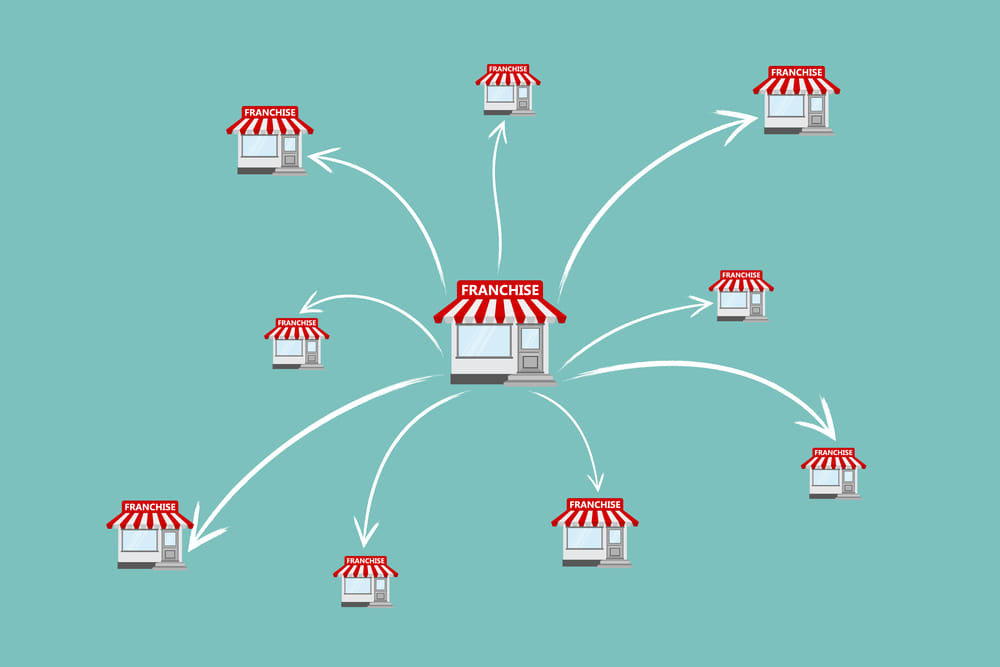Unlocking Success: The Power of Franchising in Modern Business
Introduction
In the ever-evolving landscape of entrepreneurship, the franchise business model has emerged as a powerful and dynamic force. Franchising offers a unique blend of entrepreneurship and proven business systems, allowing individuals to realize their dreams of business ownership with a significantly lower level of risk compared to starting a business from scratch. In this article, we will explore the world of franchising, its advantages, and why it continues to be a compelling option for both aspiring and seasoned entrepreneurs.
The Franchise Business Model
Franchising is a business model that allows individuals (franchisees) to own and operate their own businesses under the brand and guidance of an established company (franchisor). The franchisee typically pays an initial franchise fee and ongoing royalties in exchange for access to the franchisor’s business model, support, training, and the right to use their brand, trademarks, and proven systems.
Advantages of Franchising
- Proven Business Model: One of the most significant advantages of franchising is the access to a proven and successful business model. Franchisors have typically invested years in perfecting their systems, which significantly reduces the risk associated with starting a new business. Franchisees can benefit from the franchisor’s experience and expertise.
- Brand Recognition: Franchisees operate under a well-known brand, which can lead to increased customer trust and loyalty. Building brand recognition from scratch can be a time-consuming and expensive endeavor, but franchising allows entrepreneurs to leverage an established brand from day one.
- Training and Support: Franchisors provide comprehensive training and ongoing support to franchisees. This includes assistance with site selection, marketing, operational guidance, and access to a network of fellow franchisees. This support system helps franchisees navigate the challenges of business ownership more effectively.
- Economies of Scale: Franchise systems often benefit from economies of scale, which can result in lower costs for supplies, equipment, and marketing. Franchisees can take advantage of these cost-saving opportunities, allowing them to operate more efficiently.
- Reduced Risk: While all businesses carry some level of risk, franchising inherently lowers the risk associated with entrepreneurship. The track record of successful franchise systems demonstrates that franchisees have a better chance of survival compared to independent startups.
- Flexibility: Franchise opportunities span a wide range of industries, from fast food to healthcare and retail. This diversity allows entrepreneurs to find a franchise that aligns with their interests and skills, providing a greater sense of fulfillment in their work.
Challenges to Consider
While franchising offers numerous advantages, it’s essential to acknowledge the challenges as well. Franchisees must adhere to the franchisor’s guidelines and systems, which can limit some aspects of creativity and autonomy. Additionally, the initial investment, ongoing royalties, and other fees can be substantial.
Conclusion
Franchising has proven to be a powerful and enduring business model that empowers individuals to become successful entrepreneurs while minimizing many of the risks associated with starting a business from scratch. It combines the benefits of independence and proven systems, making it an attractive option for those looking to own and operate their own businesses. Aspiring and seasoned entrepreneurs alike should consider the many advantages of franchising when exploring business opportunities in today’s competitive marketplace.
Share this content:



